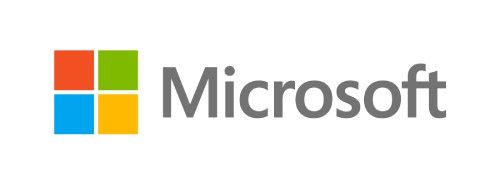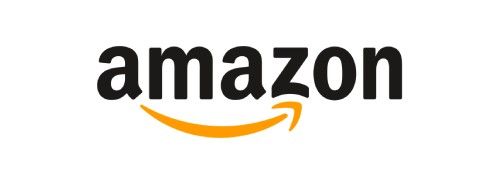NFPA 99 CERTIFIED Facility
Certified State of the Art General Anesthesia Facility
Welcome to Wisdom Teeth & Oral Surgery Center of Seattle. We are a new, state-of-the-art oral & maxillofacial surgery facility serving the greater Seattle area. We undertook the additional time and expense to construct our new facility to be in full compliance and permitted to the standards of NFPA 99 Category 1 in delivering all levels of safe and effective anesthesia. We modeled ourselves after ambulatory surgery centers and office-based practices such as plastic surgery centers and we recently completed NFPA 99 certification equal to an outpatient ambulatory surgery center. Our office is proud to be a NFPA 99 Certified General Anesthesia facility, ensuring that our patients receive the best anesthetic care in the hands of skilled practitioners. General anesthesia is an important part of our treatment options. When this level of sedation is required, you can rest assured that our facility uses the latest and safest methods available.
WHAT IS GENERAL ANESTHESIA?
General anesthesia is a pharmacologically induced state of unconsciousness administered by a trained anesthesia provider. While under general anesthesia, the patient is unconscious, must be continuously monitored, and may need physiologic support from the anesthesia provider. Outpatient sedation and general anesthesia have had a long history in dental offices. The founder of modern anesthesia, William T.G. Morton was a dentist. Despite advances in local anesthesia, many patients prefer sedation or general anesthesia during their procedure. More recently there has been an increased demand for anesthesia services in dental offices. While some patients do well with sedation, others may require deeper levels of anesthesia such as general anesthesia.
WHAT IS A NFPA 99 Category 1 CERTIFICATION?
NFPA 99 is an American National Standards Institute (ANSI) safety standard. ANSI develops many standards. For example, for safety reasons, lasers must meet ANSI standards. Similarly, NFPA 99 standards are safety expectations of the equipment that is used when providing deep sedation and general anesthesia. This standard has been established to create a baseline expectation of safety practices in dental practices related to general anesthesia and deep sedation. Becoming NFPA 99 Category 1 compliant requires that equipment is up to modern standards, and is properly installed by gas installers certified by the American Society of Safety Engineers, and then inspected and approved by a third-party verifier. These stringent guidelines ensure that no errors are made in the design or installation of these systems and that they are safe for use on patients.
NFPA 99 CATEGORY 2 MEDICAL – CATEGORY 1 DENTAL
NFPA 99 Standards are updated every three years. In previous editions, NFPA 99 grouped dental facility requirements and medical facility requirements within the same chapter. However, a dedicated chapter specific to dental facilities was added for the first time in the 2018 edition. This new chapter was intended to improve what had previously been inconsistent understanding, use, and application of NFPA 99 standards for dental facilities. Within this new chapter, a new category for dental-specific facility standards was born. Our facility is certified as a category 2 medical facility by the 2012ed standards (on par with an ambulatory surgery center) and we exceeded the 2018ed standards for certification as a category 1 dental facility.
Category 1 dental facilities where general anesthesia or deep sedation are performed must meet the most stringent requirements. To certify as the NFPA 99 Category 1 Dental Facility, general anesthesia and deep sedation are provided in specifically designed facilities and require specific equipment such as a medical vacuum system, zone valves, zone alarms, master alarm panel, line pressure controls, medical waste gas scavenging, and reserve gas supply. The system must also be both installed and then verified by certified professionals.
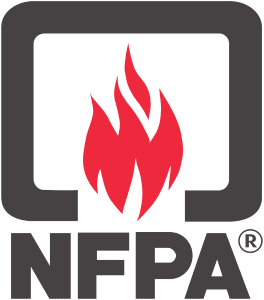
Alarm Panels
Alarm panels are required to be readily accessible and in a place that is continuously monitored. The alarm panel allows real time monitoring of each room that uses medical gas and medical vacuum. The alarms notify the office if there are fluctuations in gas or vacuum pressures and if there are inadequate oxygen levels delivered to the equipment.
Zone Valves
Outside of each room where general anesthesia or sedation is performed, there is a zone valve that can shut off the medical gas and vacuum to that room. This is important if there is a leak or a fire, as the gas may be shut off to that single room without shutting off gasses to other rooms. This would hold true for a leaking vacuum, which would cause the vacuum to become ineffective in other rooms.
Gas Manifolds
Our medical gasses are supplied in cylinders. The cylinders are hooked up to the manifold through the header valves. Each manifold must have a secondary supply header in case one set of cylinders loses pressure and cannot supply the medical gas system. This prevents the system from running out of life-saving oxygen.
Gas Generator
NFPA 99 treats emergency generators as part of an essential electrical system (EES), which is defined as, “A system comprised of alternate sources of power and all connected distribution systems and ancillary equipment, designed to ensure continuity of electrical power to designated areas and functions of a healthcare facility during the disruption of normal power sources, and also to minimize disruption within internal wiring systems.
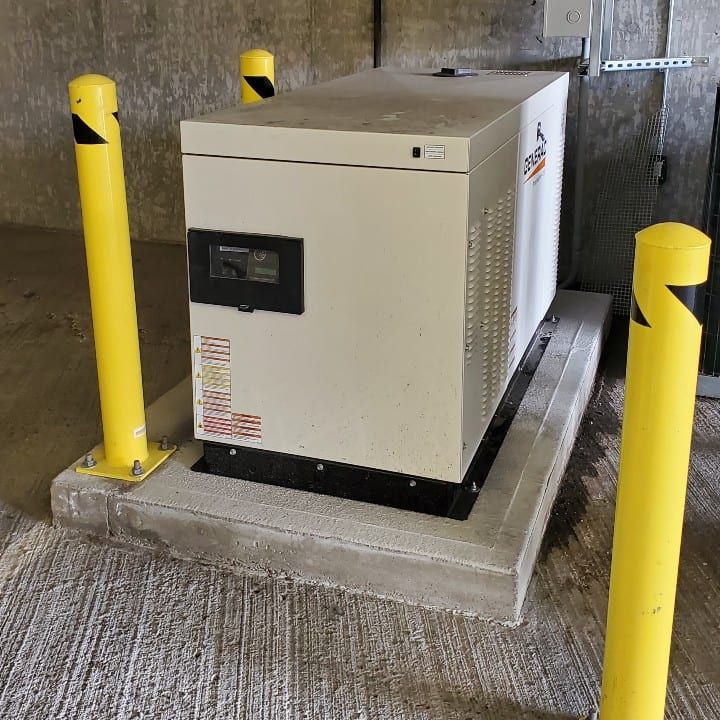
Sprinkler System
Our facility was also constructed with a quick response sprinkler system. Quick-response sprinklers are designed with a thermal sensitivity that allows them to operate faster than a standard sprinkler in the same fire situation. This reduced time to operation provides additional life safety and property protection compared to standard-response sprinklers.
